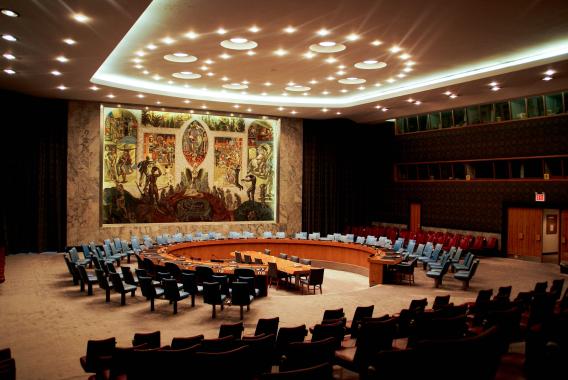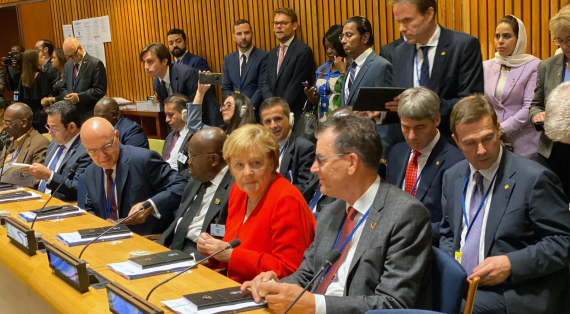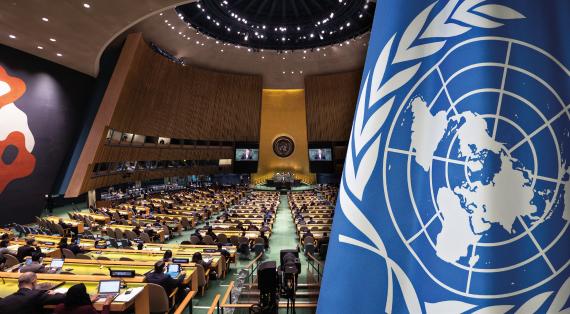Publikationen - Europäische und Internationale Zusammenarbeit
Analysen und Argumente
Ausgewählte Beiträge zur Serie mit internationalem Bezug
Die Reihe informiert in konzentrierter Form über Analysen der Konrad-Adenauer-Stiftung zu relevanten aktuellen Themen. Die einzelnen Ausgaben stellen zentrale Ergebnisse und Empfehlungen eigener und externer Expertinnen und Experten vor, bieten Kurzanalysen von rund fünf Seiten und nennen KAS-Ansprechpartnerinnen.
Auslandsinformationen
Zeitschrift für internationale Fragen, Außenpolitik und Entwicklungszusammenarbeit
Die Auslandsinformationen (Ai) sind die Zeitschrift der Konrad-Adenauer-Stiftung für Internationale Politik. Sie bieten politische Analysen unserer Expertinnen und Experten in Berlin und aus mehr als 100 Auslandsbüros in allen Weltregionen. Gekennzeichnete Artikel geben nicht unbedingt die Meinung der Redaktion wieder.
EVP-Parteienbarometer
Die Lage der Europäischen Volkspartei in der EU
Der EVP-Parteienbarometer beleuchtet anschaulich die aktuelle Situation der EVP-Parteienfamilie in der EU. In unregelmäßigen Abständen gibt er einen prägnanten Überblick über aktuelle Wahlergebnisse, Umfragen aus den Mitgliedsstaaten und die Zusammensetzung der Parteienfamilie.
Interviews
In unserer Reihe "Interviews" werden Gespräche und Diskussionen mit Expertinnen und Experten der Konrad-Adenauer-Stiftung e.V. zu unterschiedlichen Themen geführt.
kurzum
Prägnant, auf das Wesentliche reduziert, aber immer hochaktuell. In der Reihe "kurzum" fassen unsere Expertinnen und Experten eine Fragestellung oder Problematik auf maximal zwei Seiten zusammen.
Länderberichte
Politische Kurzberichte der KAS-Auslandsbüros
Die Konrad-Adenauer-Stiftung ist in rund 110 Ländern auf fünf Kontinenten mit einem eigenen Büro vertreten. Die Auslandsmitarbeiter vor Ort können aus erster Hand über aktuelle Ereignisse und langfristige Entwicklungen in ihrem Einsatzland berichten. In den "Länderberichten" bieten sie den Nutzern der Webseite der Konrad-Adenauer-Stiftung exklusiv Analysen, Hintergrundinformationen und Einschätzungen.
Veranstaltungsberichte
Die Konrad-Adenauer-Stiftung, ihre Bildungsforen und Auslandsbüros bieten jährlich mehrere tausend Veranstaltungen zu wechselnden Themen an. Über ausgewählte Konferenzen, Events, Symposien etc. berichten wir aktuell und exklusiv für Sie unter www.kas.de. Hier finden Sie neben einer inhaltlichen Zusammenfassung auch Zusatzmaterialien wie Bilder, Redemanuskripte, Videos oder Audiomitschnitte.











